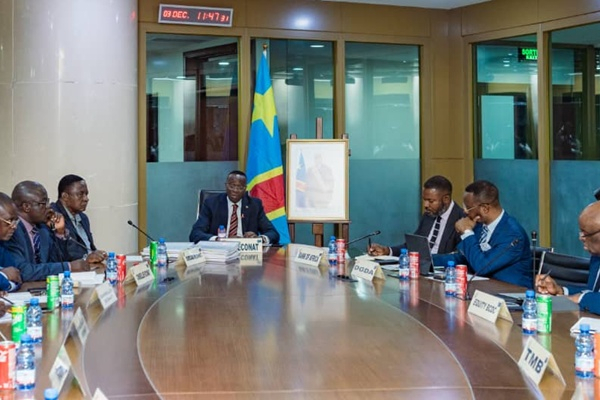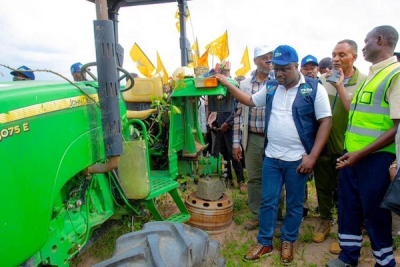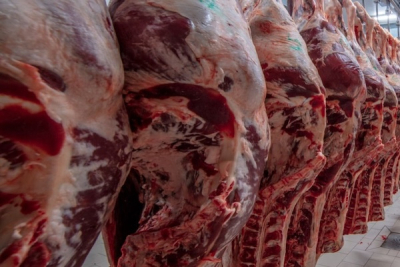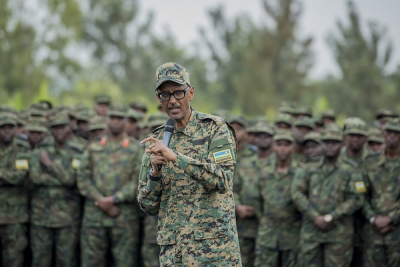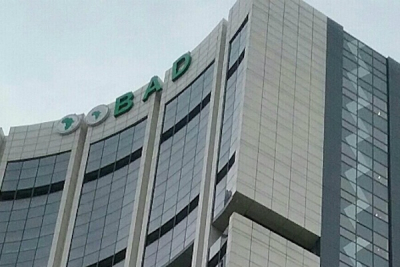Commercial banks operating in the Democratic Republic of Congo (DRC) will help the government settle the remaining balance of losses incurred by finished petroleum product suppliers (gasoline, diesel, kerosene, etc.) on the local market, excluding diesel sold to the industrial mining sector since October 2023. The lenders formalized their commitment on December 3, during a meeting with the Deputy Prime Minister and Minister for the National Economy, Daniel Samba Mukoko.
A total of 14 contracts to refinance this debt have been signed with local financial institutions. At a Council of Ministers meeting on November 29, Prime Minister Judith Suminwa Tuluka urged the acceleration of finalizing these agreements. Essentially, the government aims to change creditors by transferring arrears owed to fuel distribution companies to commercial banks in exchange for an interest rate.
"There is no problem; the government can count on the banks," stated Gisèle Mazengo, representative of Rawbank, the country’s largest bank, by assets and market share. Djo Nkoy Lolonga, a representative from Equity BCDC, mentioned that necessary operations, such as withdrawals from the central bank, had already been completed and that they were awaiting some documents from the Ministry of Finance to proceed with payments. According to communication services from the Ministry of the Economy, the banks are ready to help settle the shortfalls before the end of December 2024.
There is little information about how much is owed to petroleum product distributors. In 2023, petroleum product prices rose by 70% to 130% depending on the region, which reduced the accumulation of shortfalls from $545 million in 2022 to $125 million in 2023. In the first four months of 2024, $135 million in arrears were settled, with Congolese commercial banks contributing $123.5 million, according to the Ministry of Finance. Consequently, by the end of March 2024, the outstanding balance was $405 million but increased throughout the year due to an administrative reduction in petrol prices to tackle high living costs.
While bank intervention mitigates the risk of a socio-economic crisis from fuel shortages, it does not resolve the underlying issue of arrears. As previously mentioned, total outstanding arrears at the end of 2023 amounted to $3.5 billion. According to a report from the International Monetary Fund (IMF) dated July 2024, $438.6 million was allocated to clear these arrears this year.
Georges Auréole Bamba






